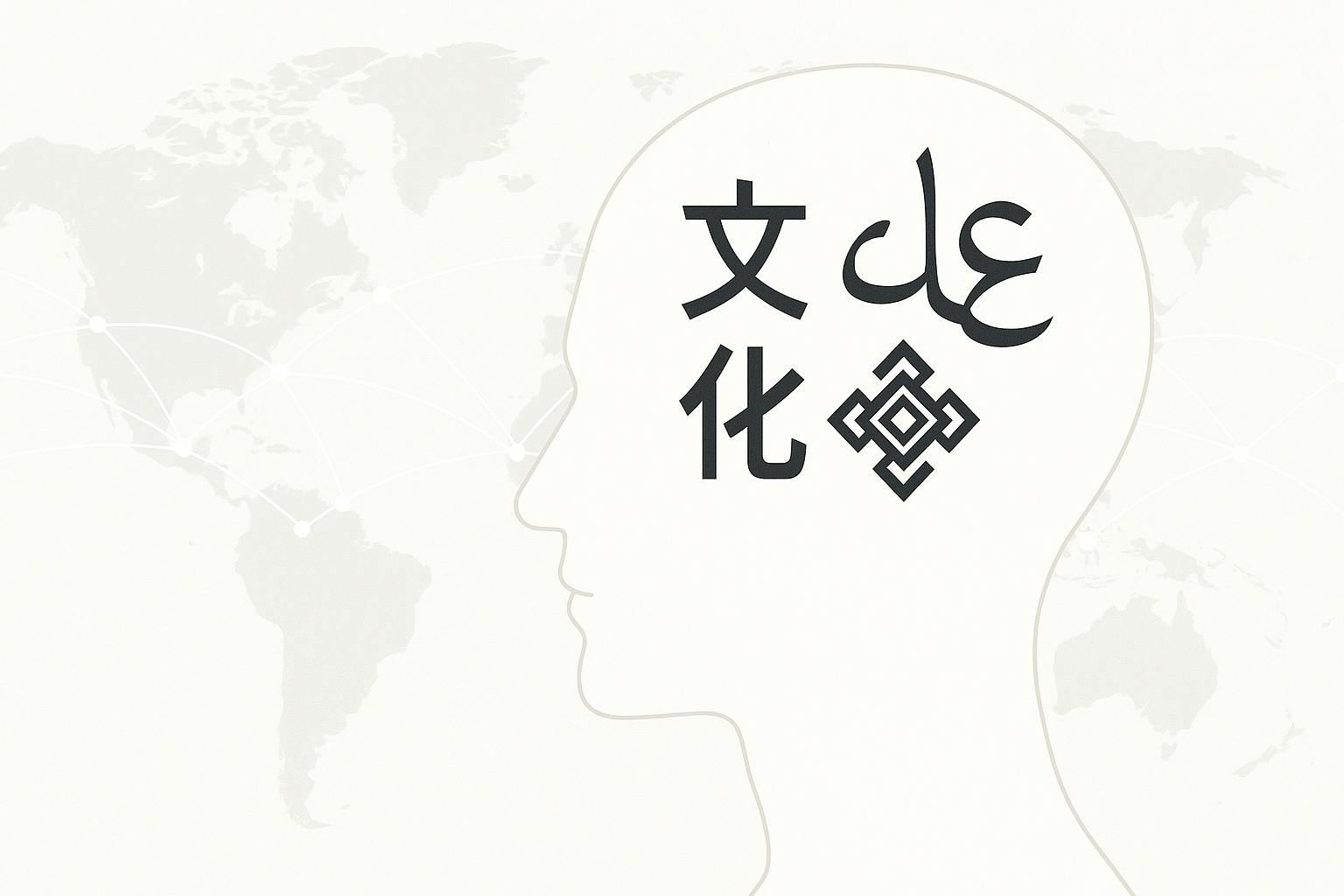After scaling operations from Guatemala to China, here’s what I learned about leadership, mistakes, and navigating culture on a global scale
New Markets, New Rules
When I first began expanding operations beyond CIS, I assumed success would come from solid processes, a good product, and strong teams. I’d spent years leading teams and building systems that delivered results. But very quickly, I started noticing that what worked at home didn’t work abroad. Giving feedback, running meetings, and motivating people - things that used to feel second nature suddenly met silence, confusion, or pushback. The rules had changed. I was stepping into new cultural contexts, and if I didn’t adjust, I’d lose trust, credibility, and time.
What follows isn’t theory, but real-world experience: what you need to consider to build effective collaboration with global teams and partners. And why cultural intelligence is the one thing that changed how I lead across borders.
Being Local Everywhere
Cultural intelligence is essentially your ability to feel "at home" in unfamiliar contexts. To sense what matters to others, how they think, what blocks or drives them, and how to build true cooperation.
Here are the five things I pay attention to first:
- Whether people work independently or as a collective
- Whether relationships come before results
- How they handle ambiguity and change
- How direct or indirect their communication is
- How emotions are expressed: openly or reservedly. The more you understand this, the stronger your connection becomes - and the more effective your leadership gets. If you take time to notice these five traits and know who’s in front of you, you’ll avoid most cultural missteps before they happen.
Cross the Line, Lose the Room
Sometimes, with the best intentions, you say something that comes across as rude or disrespectful. Not because you’re careless - but because it’s a cultural no-go.
In parts of Africa, starting a meeting by jumping into goals and KPIs without first asking how someone’s kids are doing can ruin the whole atmosphere. Spending two minutes on a genuine human connection can make the rest of the conversation ten times more productive.
Once, in an East Asian country, I praised someone’s idea in front of a more senior colleague. It felt like team encouragement. But to them, it was a breach of hierarchy.
Another time, I joked about "chaotic workflows" in Latin America, thinking I was being playful. People laughed politely. Later, a teammate gently explained that it could be interpreted as criticism of their national identity. Even small comments can cut deeper than we realize.
In the MENA region, avoid discussing religion or gender norms publicly.
Where to Look Before You Leap
Before I work with any new country, I research its cultural norms. It doesn’t take long - but it makes a huge difference in how quickly you build rapport and results. At first, I tried to figure everything out on my own. Eventually, I realized there are experts who do this professionally. They know things I’d need years to learn. My go-to resources:
- Hofstede’s cultural dimensions (for comparing countries)
- "The Culture Map" by Erin Meyer (a must-read)
- Local colleagues and consultants (pure gold), but honestly? The most powerful tool is observation. Watch how people speak to each other. How they give feedback. How they react to surprises. I ask, "What’s the norm here?" - and I really listen. Sometimes, one honest answer saves you weeks of confusion and backtracking.
Final Thought
Ignore cultural dynamics, and your business may stall - even if the product is great, the team is strong, and the strategy is sound.
When you understand the culture? That’s when real momentum begins. You connect more easily, communicate more clearly, and lead with intention - wherever you are. Cultural intelligence isn’t about theory. It’s about awareness and adaptability. It’s one of the most powerful skills you can build if you want to lead globally.
Be local. Everywhere. That’s when the world opens up.


